12 February 2024
Patrick J McGovern Foundation contributes $500,000 to boost the Trinity Challenge on Antimicrobial Resistance
The Trinity Challenge has been awarded $500,000 from the Patrick J. McGovern Foundation to boost the recently launched Trinity Challenge on Antimicrobial Resistance, an innovation prize to find solutions to tackle antibiotic resistance in low- and middle-income countries.
The Patrick J. McGovern Foundation and the Trinity Challenge share a belief in the great potential for the Challenge to be transformative, particularly in finding solutions to the underlying data gaps and digital fragmentation that have held back progress on antibiotic resistance.
A grand prize of up to £1 million will be awarded to the winning solution, and fundraising continues to increase prizes that could be awarded to runner-up solutions. The Trinity Challenge aims ultimately to support a range of solutions across the world, which will not only upscale the efforts of those working on antibiotic resistance, but which will also strengthen and diversify the much-needed data available on antibiotic resistance.
Professor Marc Mendelson, Director, the Trinity Challenge, said: “I am deeply appreciative that the Trinity Challenge has received this funding, as it bolsters our efforts to attract innovators’ attention and to drive progress in antibiotic resistance. The more we can offer prospective solutions, the better our outcomes are likely to be, particularly in redressing the imbalance of data available from low- and middle-income countries as opposed to high-income countries. This is part of building a more reliable global picture on antibiotic resistance, allowing us to develop better informed strategies against this threat.”
Vilas Dhar, President of the Patrick J McGovern Foundation, said: “Antimicrobial resistance is a critical threat to safety, health, and livelihoods across the globe - and presents heightened risk to the world's most vulnerable. Our response requires more than "business as usual" - we need new innovations that leverage the most powerful advances in data and AI to create collaborative, cross-disciplinary approaches to both the causes and symptoms of widespread AMR. The Trinity Challenge presents a new and important pathway to engage new perspectives - and focus our collective attention on building solutions that advance the welfare of every person on our planet.”
















